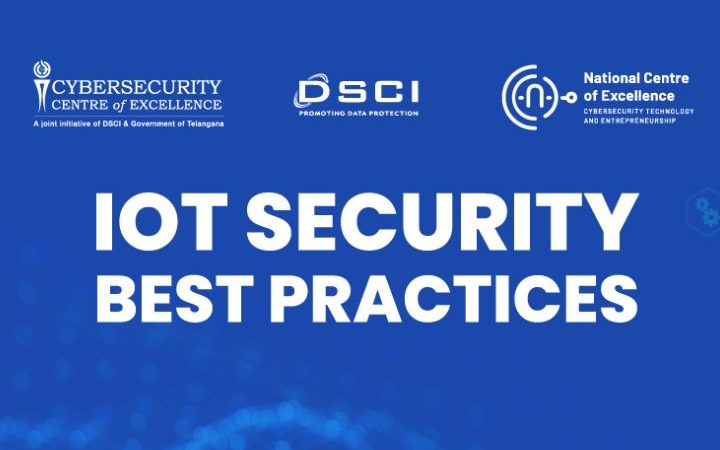What Should You Consider When Choosing the Best Laptop?

Before going to a store that sells electronic devices and buying a computer, make sure it is not too expensive and it’s the type of machine designed for everyday tasks. So as not to turn your purchase into an irreversible mistake or a long-term project, here are some aspects that might help you buy the best laptop.
What do you need this laptop for?
A person should first think about what exactly they want from a computer and then narrow down their options to those laptops that satisfy these needs.
What will I mostly use it for?
Is it worth investing lots of money in this device?
Do I need something capacious enough to store all my audiovisual production stuff or maybe I just want a web-surfing machine?
Once you’ve figured out what functions your future laptop must perform — after much consideration — let’s move on to the technical things that still need talking about.
Battery life and display quality
The type of battery used in a device has always been — along with screens’ optics — one of those sore points. So, pay attention to this issue if your work implies constant movement (e.g. journalists and travel agents). In such cases, look for models that boast maximum endurance while far away from any power supply unit at all.
Equally important is image quality which directly affects how we see everything displayed on our screens. It’s recommended to search for displays with good color accuracy; especially if you’re going to edit videos or create graphics thereon (i.e., audio-visual professionals).
Storage capacity and other technicalities
As we already know, performance isn’t just about processor types; many other factors also influence speed levels achieved by different PCs — such as RAM size or storage space provided.
A programmer would better get himself higher-generation processors with no less than 6 GB RAM if he were working on software development projects day in day out while gamers need more powerful chips than those mentioned above. This should, however, be taken with a grain of salt since not all games require super-fast CPUs and GPUs.
Additionally, you have to ensure that the computer you’re about to purchase has enough connectivity options like USBs or HDMIs so as to enable utilization with external gadgets.
Don’t ignore size and weight
Again, when choosing what laptop to buy one cannot but concern oneself with their travelling patterns — if any at all. For someone who’s always on the go it would be advisable they went for smaller lighter models which take up less space in their backpacks and are easier to lug around.
On the other hand, those whose electronic needs revolve around having big screens or comfortable keyboards (for virtual work) may opt for larger heavier machines altogether.
Read Also: How to Recover Lost Data from a SD Card?
Similarly, given its internal setup one might want to look closely at an OS’ features vis-à-vis one’s daily engagements lest it ends up becoming useless after some time. The popular ones being: Windows, macOS and ChromeOS among others
The cost should be considered in addition to the features of an electronic device. Note that a computer’s high price does not necessarily mean it is the best for you. It is advisable to narrow down your search to what fits into your budget.
Hence, before deciding on anything, you need to determine the amount of money you can afford to spend so that in case of any failure after purchasing it there won’t be any regrets later.
Afterwards, while visiting a physical store or browsing through an online shop nobody has to look at prices and pick out the most expensive product. The trick is knowing what exactly should be bought by one.






